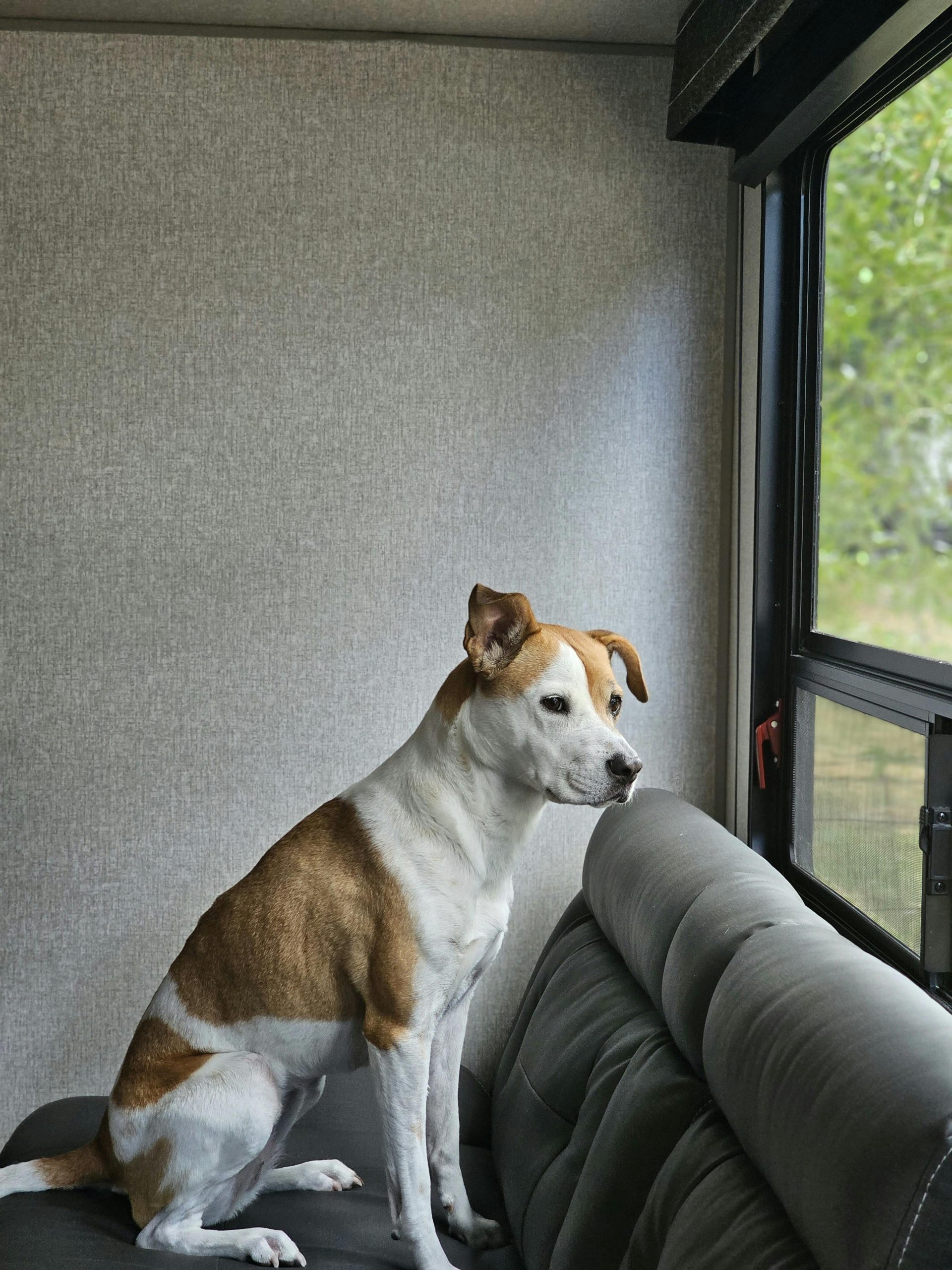Understanding Insurance Requirements for Driving Licenses: A Personal Experience
Navigating the world of auto insurance can sometimes be challenging, especially when it comes to providing the correct documentation. Recently, I faced a situation where my insurance company asked for proof of my driving license history to adjust my rates, but I encountered some hurdles along the way.
Background: Moving and Changing Insurance Providers
After relocating to a new state, I established a fresh insurance policy with my partner. As part of the onboarding process, I was required to provide my current license. Since I had recently obtained a license for this new state, I shared it with the insurance agents. However, they informed me that my premiums would be considerably higher because I had limited driving history in this state.
The Need for Previous License Documentation
To clinch the best rates, the insurance providers requested my previous out-of-state license. I searched diligently and managed to locate the license I originally received when I turned 18—although that document is now about 14 years old. After submitting this, I was told that they needed my very first license from when I initially started driving, which I no longer possess.
The Challenge: No Longer Having My Original License
The complication arises because I’ve been behind the wheel since I was 18, and now I am 32. My initial license from back then is unavailable, making it impossible to provide the full driving history that the insurance company seeks to verify and potentially lower my rates.
Seeking Solutions: How to Obtain Old License Records
If you’re in a similar situation, you might wonder how to obtain proof of your earliest licensing. Here are some possible steps:
-
Contact Your State DMV: Many state Department of Motor Vehicles (DMV) departments keep records of issuing licenses. Request your driving record, which typically includes all licenses issued and any violations or infractions.
-
Request a Complete Driving History: Some states provide a comprehensive driving record that shows all licenses ever issued to you, including the original license.
-
Check for Paper Records: If your original license was lost or destroyed, the DMV may provide documentation or an alternative verification method.
-
Legal Identification and Correspondence: Occasionally, other official documents, such as driving history summaries or motor vehicle records, can serve as proof of your driving history.
Conclusion
Dealing with insurance documentation can be intricate, especially when seeking to prove longstanding driving history. Contacting your state’s DMV is often the most



